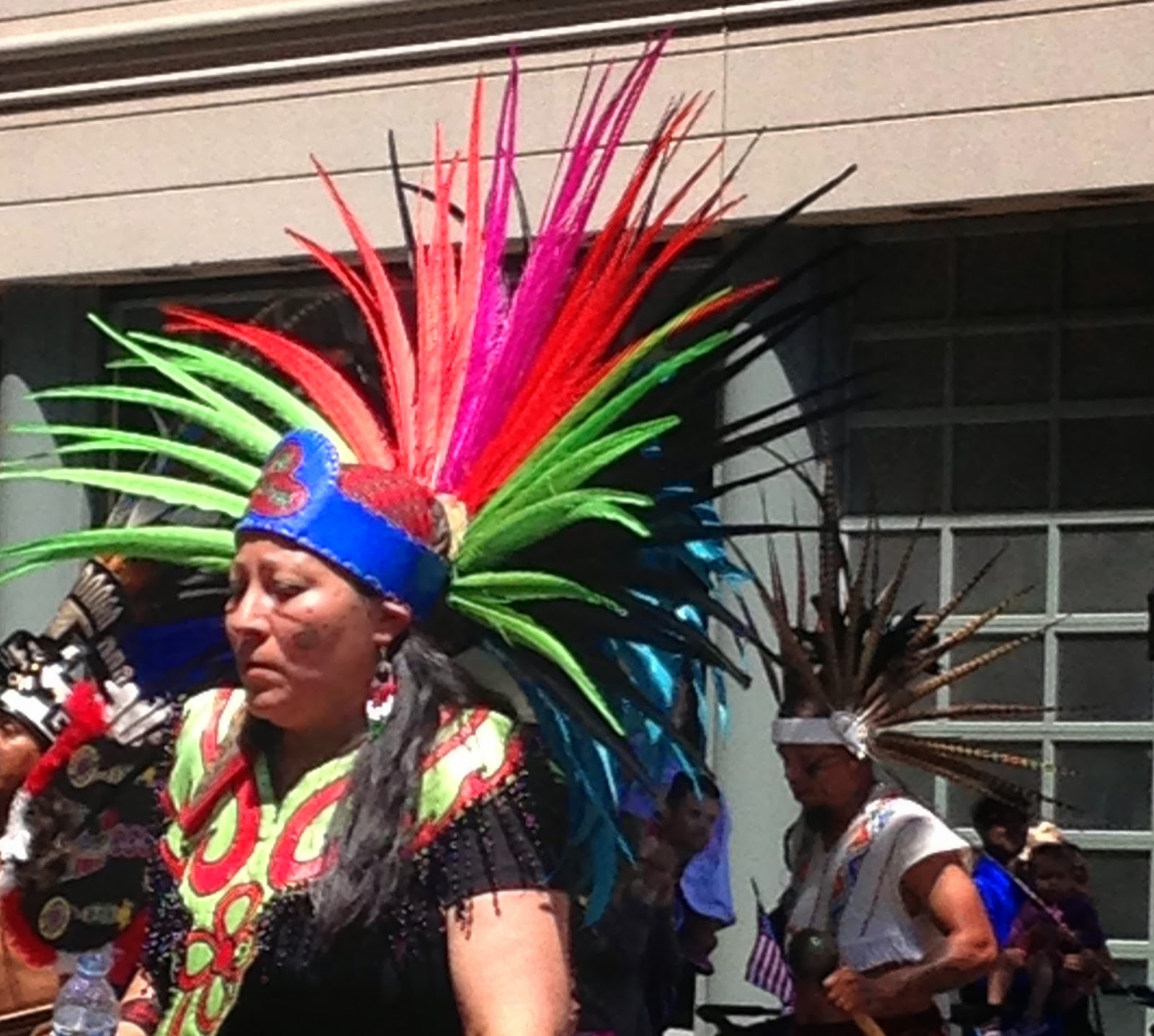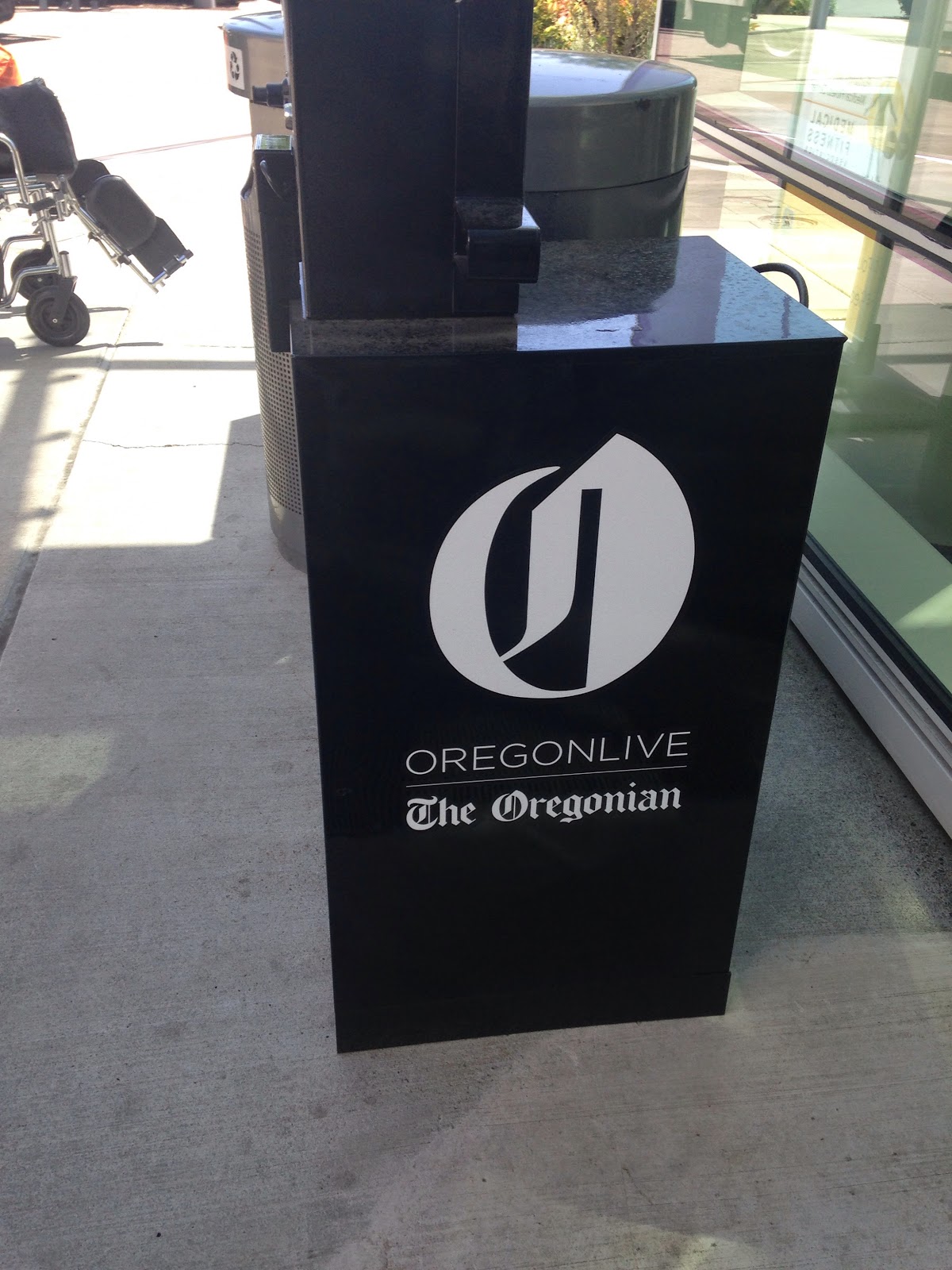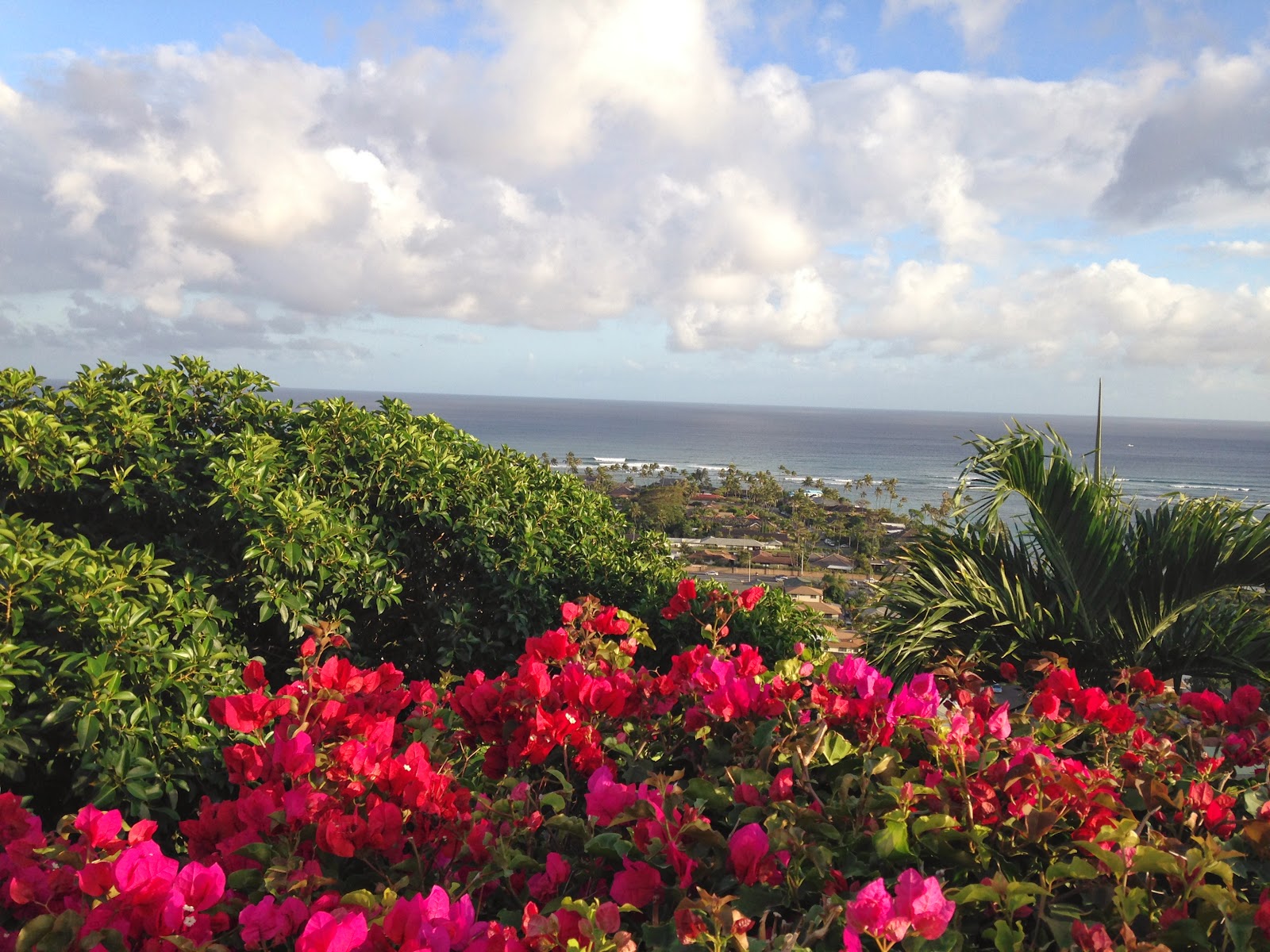 |
| Standing next to "The Sun Exploding" or "Medusa's Hair" |
During a recent trip to Denver, I emailed several friends a photo of me standing next to one of the extraordinary and massive glass sculpture installations created by internationally acclaimed glass artist, Dale Chihuly. His "Garden Exhibition" is currently at the Denver Botanical Gardens. I was astounded when one friend emailed me back, "It's great, but what is it?"
I wanted to shout out across the thousands of miles separating us, "It's the sun exploding; it's Medusa's snake hair; it's an autumn chrysanthemum bursting into full bloom! It's whatever your imagination can make of it!" But I let it go. I gleaned from that response, that no matter how smart people might be, being smart doesn't necessarily include an art vocabulary or a "permission slip" for using one's imagination and or humor when viewing fine art.
 |
| Snakes in the Garden |
I am not sure when the unique glass sculptural work of Chihuly crossed onto my radar screen. To the best of my memory, it might have been an article about his astonishing new work in glass which I think, appeared in the University of Washington Alumni Magazine a long time ago, perhaps sometime in the early 1980's. (Yes, Mr. Chihuly and I are both graduates of the University of Washington and we both spent some time in the art department there. (It appears he spent a lot more time in those studios than I did, developing a wonderfully creative mind and a unique set of artistic skills.)
 |
| A Boatload of Balls |
From that initial article, I followed this fellow alumni's career and watched his reputation grow exponentially. I recall watching television programs about his glass blowing and the team approach he uses in creating his large scale pieces. I bought a book about him, and purchased a folio of photographs, "Chihuly Over Venice, Nuutajarvi, Finland." My local art museum, the Portland Art Museum, mounted an incredible Chihuly show some years ago, complete with examples of blown glass from Murano, Italy, where the Venetian artisan glass blowers were his inspiration. The installations at PAM were vasos, figures, and pieces that hung from the ceiling, or sprung from the floor like stalagmites growing out of the subterranean depths. Several years ago I visited his Museum/Studio in Tacoma. Although I cannot pinpoint exactly when I was "hooked" on Chihuly, it most surely began in the U of W Alumni Magazine, where it occurred to me that this fellow alum was undoubtedly going somewhere big! From early on, his work "spoke to me".
 |
| Red Spears |
When my husband told me he was planning a visit to Denver this fall, I immediately signed up to accompany him, knowing there was a major Chihuly installation at the Denver Botanical Gardens that I would love to see. We flew in on a Tuesday and on Wednesday morning there I was at the Garden gate! I returned several times more in the following week, and was able to take in the majestic glass pieces at different times of the day watching light come through the glass from different angles completely altering colors, shadows, and reflections as it poured through translucent glass vessels.
What strikes me about Chihuly's concept is that he takes a fragile medium, and with the help of the master glassblowers on his teams, creates masterpieces both extensive in size and scope, surpassing any previously perceived limits of what glass is and what it could become. I have seen his work installed in buildings, in galleries, and in homes, hanging off of bridges and trees, and in photographs and films, even a TV special on his Millenium Exhibition in Jerusalem.
 |
| Purple Spears in the Lily Pond |
 |
| Cold Blue Explosion |
In Denver, cleverly, his gigantic pieces of glass mimic the environment in which they are placed, and/or add an architectural element to the surrounding space. Acid-neon tinted glass juxtaposed against water, plants, flowers and trees jars the mind and, in the sunlight, creates a visual feast. The glass globs, blobs, belugas, floats, spears, twisted horns, ferns and frogs feet, are taken from the shapes of nature, but their shocking size, and seemingly unnatural colors, create a magical space, real yet unreal, a place to contemplate how art can mimic, imitate and inform us, and perhaps tell us something new about our world.
 |
| Cactus in a Spear Garden |
The show at the Denver Botanical Garden runs through the end of November. I understand as fall approaches and the sun sets earlier, the glass will be lit up in the evenings, creating even more interesting and awe inspiring effects for the viewers. Sorry though I am to miss the light show, I'm so grateful that I was able to see these works both in the bright morning and afternoon light, and again, later in the day as the sun waned.
From the looks of it, Mr. Chihuly has another successful show. It seemed that hundreds to thousands of people were pouring into the gardens. Lucky for us, we were able to use a member's pass-key and enter through the back gate. I hope all those gawkers are taking away a new and enhanced awareness of how fine art can work with and through nature allowing us to experience magic!
 |
| Yellow Tree/Yellow Fountain |
As I conclude, I wonder at the fragility of the medium, and how work on such a major scale might be preserved for future generations for enjoyment and edification and as a reflection of our culture. Or, perhaps it is purposefully created with the knowledge that it will not last forever, much like the sand mandalas of Tibetan monks, which are painstakingly painted with sand, only to be blown away later as a lesson on the temporary nature of all life and all things. I simply don't know.
 |
| Boatload of Blue and Purple |
 |
| Holiday Ornament Reflections |
For more information:
www.denverbotanicalgardens
chihuly.denver.org/about-chihuly/





















































